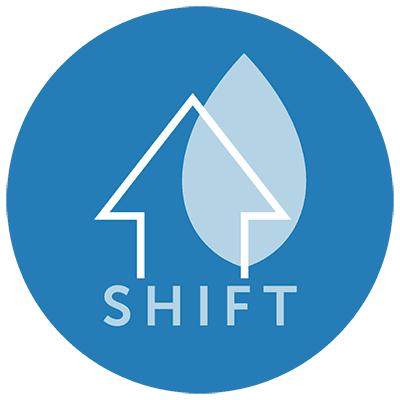It is becoming increasingly important to ensure homes are resilient to the impacts of climate change. Around 20% of UK homes already overheat, even outside of heatwave events, while 1 in 6 homes are at risk of some form of flooding, and the risks of both flooding and overheating are projected to increase in future[1].
A SHIFT roundtable took place on 22nd November 2022, involving social landlords representing over 105,000 homes, to discuss implementing a climate resilience standard for housing associations.
A point made a number of times during the discussion was that, at present, there is no flooding and overheating resilience standard for social housing, and the need for one is clear. Also raised was the need for property-level climate resilience information to be collated in one asset database, for ease of reference.
Developing a standard will not be without its challenges, however. Information on property-level flood and overheating mitigation measures may quickly become out of date, especially as populating (or updating) an asset database may take a long time. Furthermore, although the need to have an action plan in place for heatwave and flood alerts is clear, most housing associations do not have a stock of fans or sandbags to distribute in response to these alerts. Therefore, responding to flood or heatwave alerts may require the help of 3rd party organisations. However, whilst alerts are vital to being able to take action, they should not supersede creating a climate resilient asset portfolio.
To download and read the full summary of the discussion, please visit our publications page.
The issues raised will be used to develop our ‘first pass’ attempt at a workable standard, and dialogue will be ongoing with our many social landlord clients to refine the standard into something that can be integrated into asset databases. In the meantime, if you would like a baseline assessment of your flood risk, overheating risk or contribution to water stress, please get in touch.
